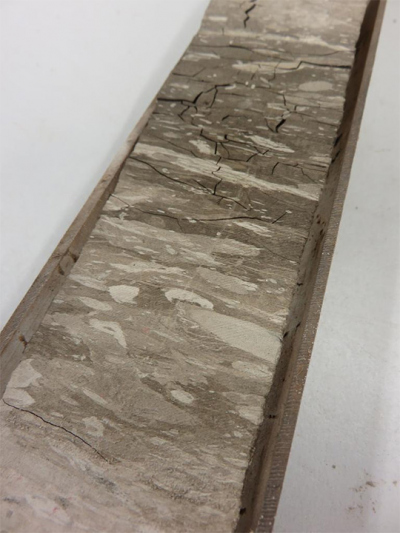Page path:
- Home
- Discover
- Archive News
- News 2018
- polar warming
Larger polar warming caused by rising CO2
Margot J. Cramwinckel, Matthew Huber, Ilja J. Kocken, Claudia Agnini, Peter K. Bijl, Steven M. Bohaty, Joost Frieling, Aaron Goldner, Frederik J. Hilgen, Elizabeth L. Kip, Francien Peterse, Robin van der Ploeg, Ursula Röhl , Stefan Schouten, Appy Sluijs: Synchronous tropical and polar temperature evolution in the Eocene. Nature, 2018. DOI: 10.1038/s41586-018-0272-2




